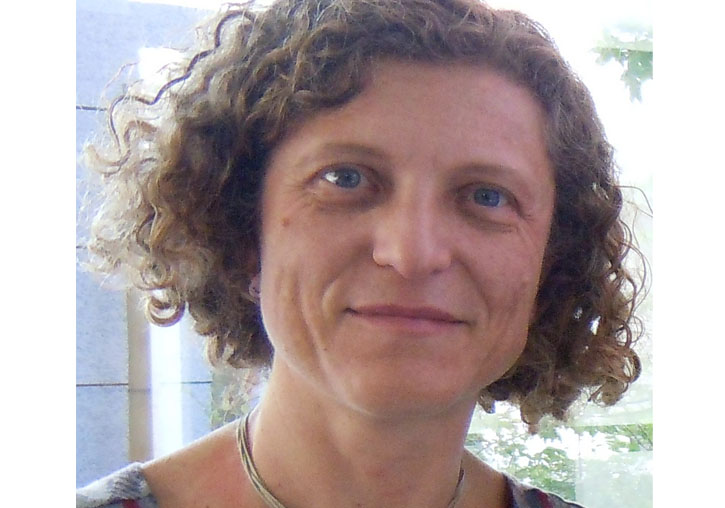
Mónica Bolufer, professor of the Department of Modern and Contemporary History at the University of Valencia, has received ex aequo the award of the Spanish Society for Studies of the Eighteenth Century (SEESXVIII) for the best monograph of 2019 for her book Arte y artificio de la vida en común. The work analyses “the profound meaning that manners had in the Enlightenment thought and in the whole of eighteenth-century culture, which can be traced back to humanism”, in the words of the researcher. This is a topic that has taken her almost 20 years of research.
The award was presented online during the III Jornadas de Investigación de Jóvenes Dieciochistas, held on Tuesday and Wednesday at the University of Oviedo, and was also received by Rodrigo Olay for his edition of the poetry of Benito Jerónimo Feijoo. The award was called and awarded in 2020, but its delivery, postponed due to the pandemic, has been delayed until this week.
“The question of manners and customs is not limited to a history of private life or everyday life or just to women’s history, often considered, improperly, as separate and minor fields of History, but has a deep ethical, aesthetic and political dimension. Manners imply reflection on governing one’s own passions and governing the republic, the self and others, being and appearance. Those dualities were still intertwined in complex ways in the eighteenth century, although nowadays, influenced by Rousseau and Romanticism, we tend to see them as excluding dichotomies”, Mónica Bolufer explained in her speech.
The jury highlighted the publication of Bolufer’s work in the prestigious collection «History» of the publishing house Marcial Pons (ranked second among the best publishers in History) and highlighted some of her main contributions. It is about the deep political significance of the disciplinary effort associated with civility, the crucial tensions it reveals (between nature and artifice, morality and aesthetics, universality and particularity), and the ambiguities of gallantry as a code of relationship between the sexes, among others.
Some of the topics covered in the book Arte y artificio de la vida en común, with different approaches, continue to be part of the historiographical problems that University of Valencia professor Mónica Bolufer analyses in the project she is currently developing, funded by the European Research Council (ERC): CIRGEN. The circulation of gender in the global Enlightenment: ideas, agents, networks.
Mónica Bolufer has developed her career in social and cultural history and, with particular emphasis, on gender issues. She specialises in Enlightenment thought and practices, with special debate on gender, women’s intellectual activities, notions of privacy and the self, the regulation of manners through politeness and the construction of identities in travel narratives. She has been vice-president of the Spanish Foundation for Modern History (FEHM) and member of the Board of Directors of the Spanish Association for the Research of Women’s History (AEIHM).
Link to the award: http://www.siglo18.org/premio-seesxviii/premiados-monografias/
Links to the book reviews: https://www.marcialpons.es/libros/arte-y-artificio-de-la-vida-en-comun/9788416662685/











